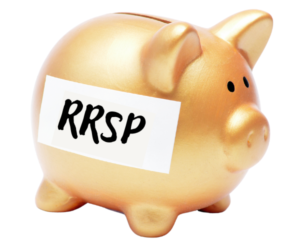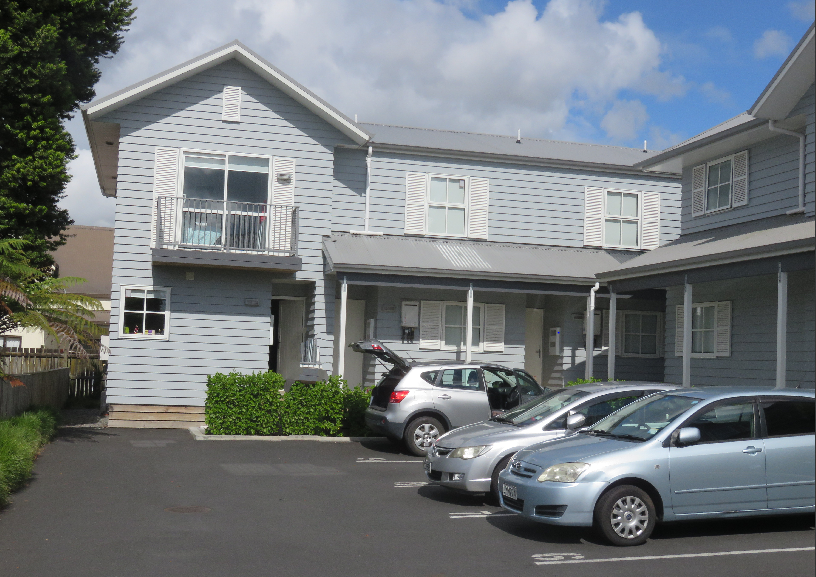
When will I be able to buy my first house?
The success of the biggest purchase of your life depends on your financial capacity to become an owner. Preparation is the most important element.
Here’s how to prepare well:
1) How much money will you need when purchasing?
When buying your home, you will need a lot of cash.
It’s not just the down payment. You must have cash for many other things, such as legal fees, CMHC tax, welcome tax and more. It is important to estimate these costs carefully, because an unforeseen expense can make this event a nightmare.
2) Make two budgets
A first budget with current expenses and a second budget as an owner.
Will you be able financially to maintain the same level of activity as at present? Will your house become synonymous with prison?
3) Check your financial capacity
In order to be sure of your financial capacity over the long term, save the difference between the current housing cost versus the cost of your future home.
For example, if your rent, heat, and home insurance costs you $1,300 monthly, and the mortgage, taxes, heat, maintenance, insurance, and HBP reimbursement for your future home amount to $2,000; save $700 per month for a long period, a minimum of 1 year.
If after this period, you have not needed to use your savings, it is because you will be able to become a homeowner when you have accumulated the funds you will need at the time of purchase. The advantage of this method is that in addition to validating your financial capacity, you will have accumulated a good part of the sums you will need at the time of purchase, without additional effort.
4) Choose professionals
The success of your project is not only a question of money.
Surround yourself with professionals who will play the role of conductor, such as a financial advisor who will be able to help you with your investment choices and strategies to accumulate your cash. A mortgage financing broker, who will guide you through the mortgage loan process, a real estate broker, who will save you a lot of headaches, because doing business directly with the seller is not always easy.
You will also need to find an inspector, a lawyer, a damage insurance specialist and others, depending on your choice of house.
Good preparation will save you big trouble and don’t be in too much of a hurry, it’s a major purchase that could just as easily become the nightmare of your life.

Katie Lefebvre
Partner of your financial success







